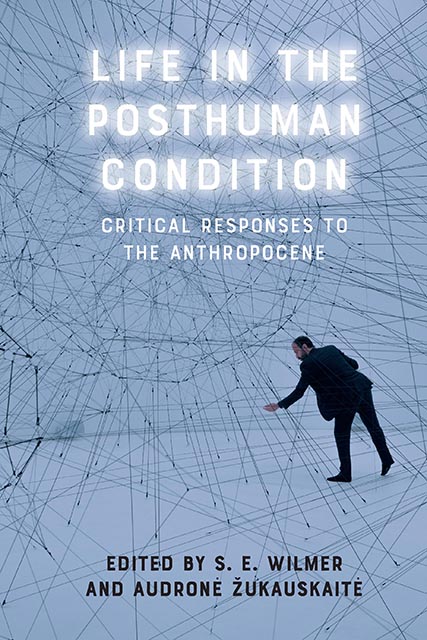5 - Climate Control: From Emergency to Emergence
Published online by Cambridge University Press: 20 October 2023
Summary
What if we consider tear gas as the exemplary medium of climate emergency, which environmentalist organisations are calling on governments worldwide to urgently recognise? We would face an entirely different politico-ecological calculus than carbon’s, referencing not only a regime of socioeconomic inequality, but explicit repression and violence, too. Compared to greenhouse gases’ usual suspects – carbon dioxide, methane (dubbed ‘freedom gas’ recently in the US [see Rueb 2019]), nitrous oxide and hydrofluorocarbons – on which climate emergency groups like Extinction Rebellion (XR) focus, the chemical weapon more directly exposes the nefarious side of global capital and thus leads immediately to an entirely different political analysis. Its toxic environment defines a conflicted war zone where unauthorised challenges to the ruling order – an order that is itself bringing about climate chaos, profound inequality and systemic violence – are met with the weaponisation of air, a formulation that proposes a very different way to consider the reality behind the otherwise banal phraseology of ‘climate change’. As we are now seeing all over the world, counterinsurgency increasingly answers popular sovereignty demands in the age of post-democratic and ecological breakdown, indexed by an authoritarian atmospherics, a militarised ecology, of strategically enforced climate control. At the same time, these attempts are directed at forces that are ultimately uncontrollable.
The recent mass uprisings in Hong Kong; the anti-colonial rage expressed on the streets of San Juan; uprisings in war-torn Iraq; anti-neoliberal revolts in Chile; Central American migrants fleeing agricultural failure and gang violence crossing the US–Mexico border zone – all have been answered with tear gas, an integral component in the liberal-become-authoritarian state's response to opposition that bypasses conventional routes of negotiation. Its (supposedly) non-lethal crowd control is clearly post-political, maintaining the state's monopoly on violence. Nonetheless, these worldwide revolutions rise up against everything tear gas represents, and it is these struggles that can offer important lessons for the politics of climate emergency, beginning with a necessary expansion of our terminology.
With atmospheric carbon, conversely, the source is vastly distributed, rendering environmentalist demands and science's politics complex and inarticulate, with causality and culpability hard to ascertain.
- Type
- Chapter
- Information
- Life in the Posthuman ConditionCritical Responses to the Anthropocene, pp. 87 - 108Publisher: Edinburgh University PressPrint publication year: 2023



